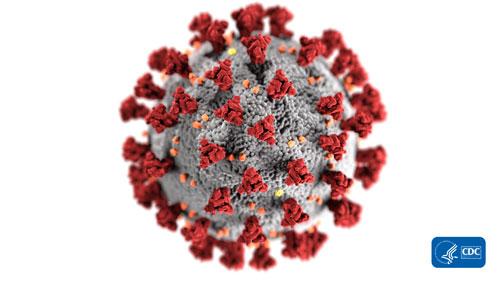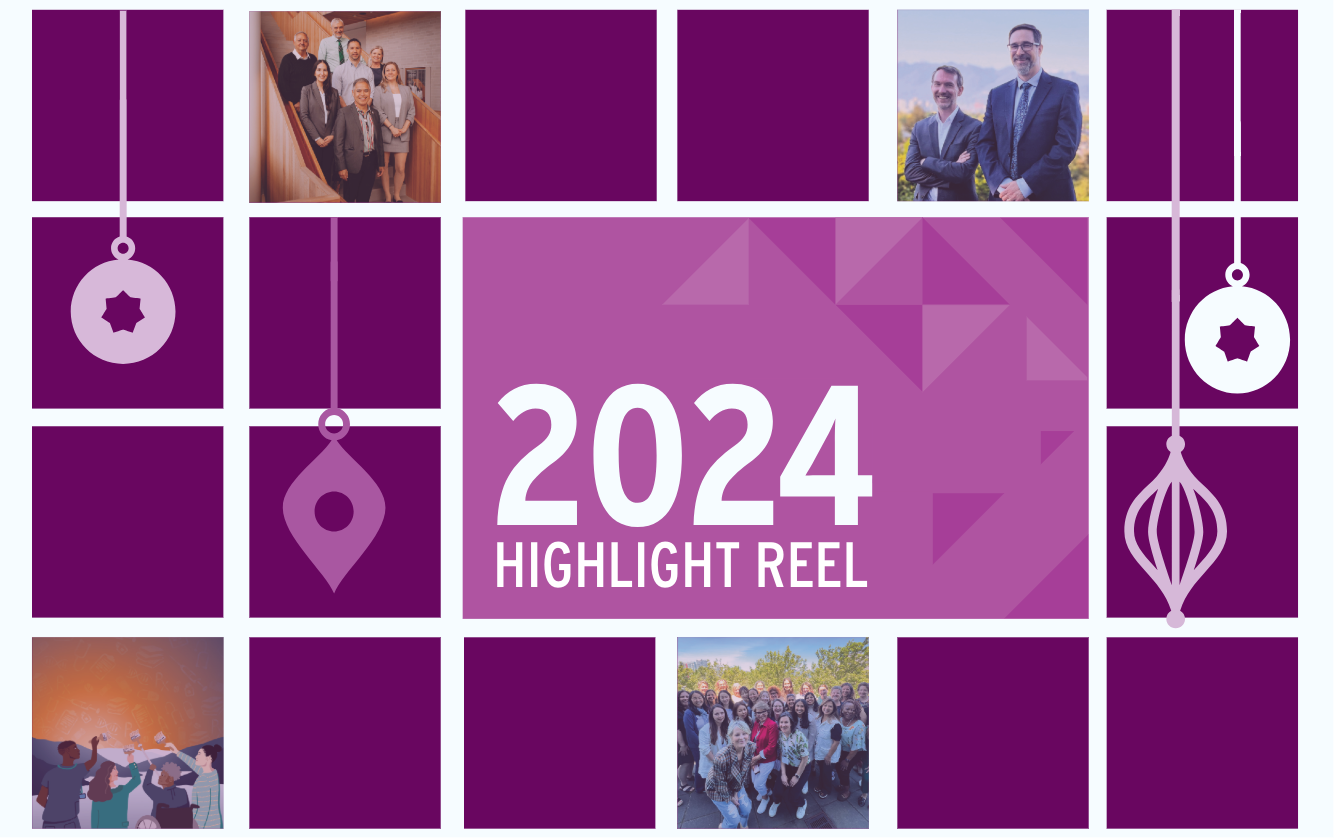MSFHR funds urgent public health research on transmission and susceptibility of COVID-19 in BC
12 March 2020

As the world prepares to respond to the global COVID-19 pandemic, funding from MSFHR is enabling two high-priority research studies on the novel coronavirus in BC.
“While efforts are being taken to contain the spread of COVID-19, there is a significant chance that viral transmission will not be contained indefinitely,” says Dr. Bonnie Henry, BC’s provincial health officer. “There is an urgent need to assure that we are prepared to track, manage and mitigate that eventuality. This funding will allow us to have those critical processes in place in BC.”
To help the province prepare for a possible increase in the number of cases, MSFHR is supporting research for modelling where the disease might appear, and for public health surveillance. We are providing funding for two projects led by researchers from the BC Centre for Disease Control (BCCDC):
Tracking the transmission of COVID-19 in BC
Given that the symptoms of COVID-19 can range from mild to severe, it is unknown how much hidden transmission could occur through mild or asymptomatic (showing no visible symptoms) cases. Robust mathematical models of how COVID-19 might spread in BC need to be developed rapidly to provide timely data to inform public health decisions like what health care resources and interventions will be needed and where Dr. Naveed Janjua, who, with previous MSFHR support, studied the risks associated with the H3N2 swine flu, and Dr. Michael Otterstatter will lead a BCCDC team working in collaboration with academic and public health partners to develop these models, which are essential for fulsome contingency planning for BC’s health services.
Testing BC’s baseline susceptibility to COVID-19
Update July 2020: Early results from Dr. Danuta Skowronski’s COVID-19 project, are available on the MedRxiv pre-print website.
Researchers need to understand the extent to which COVID-19 is spreading in BC. This is proving difficult in other settings as many cases involve no, or only minimal, symptoms and infected individuals may not come forward for medical care or testing. To overcome this, Dr. Danuta Skowronski, who has previously studied H1N1 and H3N2 influenza with support from MSFHR, will lead a team working with labs in the Lower Mainland. The team will screen anonymized blood samples from BC residents for COVID-19 to monitor the extent to which the virus is showing up in the population. Analyzing these samples over time will enable researchers to establish baseline susceptibility and subsequent changes in the level of infection in BC in ten different age groups. This survey is similar to prior studies performed in response to the 2009 H1N1 pandemic.
“The mobilization of these funds by MSFHR allows BC researchers to proceed with critical work that will provide early guidance for our epidemic response,” says Dr. David M. Patrick, director of research and medical epidemiology lead for antimicrobial resistance, BCCDC.
As BC’s health research funding agency, MSFHR has historically played a key role in providing urgent health research funding when emergencies arise and BC needs critical health research data. In 2003, MSFHR supported vaccine development to combat the SARS virus and in 2009, MSFHR supported work to identify groups most at risk for contracting the Swine flu (pH1N1).
“MSFHR has a track record of being agile in response to requests such as these, and we are pleased we can support these two research projects that are urgently needed to inform British Columbia’s response to this emerging public health issue,” says MSFHR President & CEO, Dr. Bev Holmes.
Dr. Skowronski’s work was featured in the Vancouver Sun and the Winnipeg Press.





